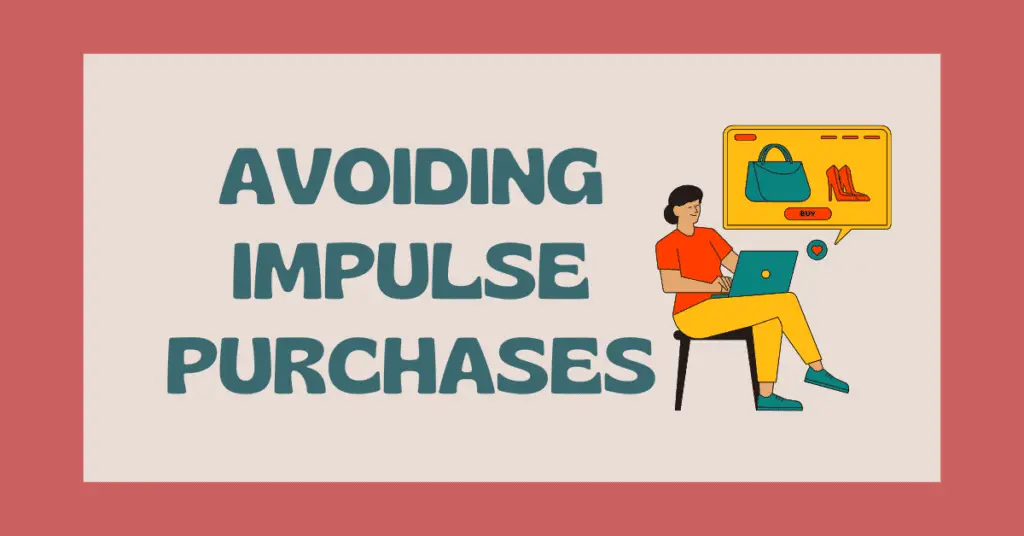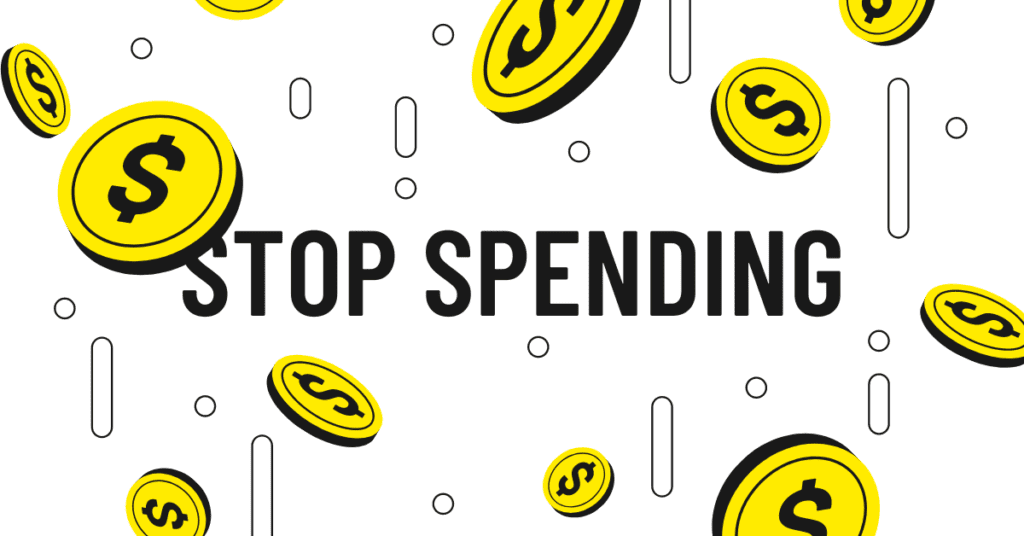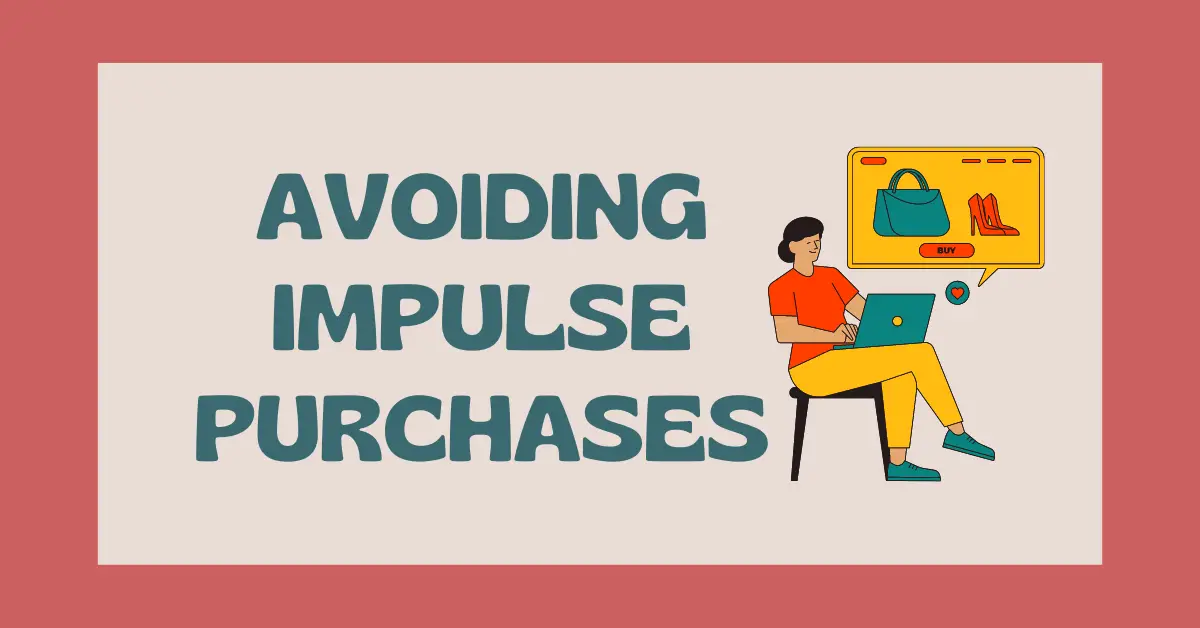
If you’ve ever walked into a store for one item and walked out with a cart full of unplanned purchases, you’re not alone. Impulse buying is a common behaviour that can lead to financial stress and buyer’s remorse. Learning how to avoid impulse purchases is essential for gaining control over your finances and cultivating healthier spending habits. In this ultimate guide, we will explore 10 proven strategies that will help you resist the urge to impulse buy and save money in the process.
1. Create a Budget and Stick to It
One of the most effective ways to avoid impulse purchases is to establish a budget. By outlining your monthly income, expenses, and savings goals, you can gain a clear understanding of your financial limits. When you know exactly how much you can afford to spend on discretionary items, you’ll be less likely to make unplanned purchases. Review your budget regularly and make adjustments as needed to stay on track.
2. Make a Shopping List Before You Shop
Heading to the store without a plan is a recipe for impulse buying. Before you set foot in a store or start browsing online, create a shopping list of the items you genuinely need. This list will serve as your guide, helping you stay focused on your intended purchases and avoid unnecessary distractions. Stick to your list and resist the temptation to stray from it.
3. Set a Waiting Period for Non-Essential Items
When you come across an item that catches your eye but isn’t on your shopping list, don’t immediately add it to your cart. Instead, impose a waiting period—say, 24 hours or even a week—before making a decision. This gives you time to reflect on whether you truly need the item or if it’s just an impulsive desire. Often, you’ll find that the urge to buy fades, and you’ll be glad you didn’t make the purchase.
4. Unsubscribe from Marketing Emails and Notifications
Retailers and online stores know how to lure you in with tempting deals and limited-time offers. To reduce the number of impulse purchases you make, unsubscribe from marketing emails and disable notifications from shopping apps. By eliminating these triggers, you’ll be less exposed to temptation and more in control of your buying decisions.
Keep track of your savings goal with our free printable PDF savings chart
5. Use the 30-Day Rule for Big Purchases
For more expensive items, consider implementing the 30-day rule. If you find something you want but don’t necessarily need, wait 30 days before deciding whether to buy it. This cooling-off period allows you to consider the purchase from a more rational perspective, weigh the pros and cons, and determine if it’s truly worth the investment.
6. Limit Your Exposure to Social Media Influencers and Ads
Social media platforms are full of influencers promoting the latest products and ads enticing you to buy. These can be powerful drivers of impulse purchases. To avoid falling victim to their allure, limit your time spent on social media or unfollow accounts that trigger your impulse buying. This will help you stay focused on your financial goals and make more informed purchasing decisions.\

7. Shop with Cash or Use a Debit Card
Paying with a credit card can make it easier to justify impulse purchases since the money doesn’t immediately leave your account. To curb this behaviour, try shopping with cash or using a debit card linked to your checking account. When you’re forced to part with physical cash or see the immediate impact on your account balance, you’re more likely to reconsider unnecessary purchases.
8. Avoid Retail Therapy
Many people turn to shopping as a way to cope with stress or emotional turmoil. While retail therapy may provide temporary relief, it can lead to financial strain and regret. Instead of relying on shopping to lift your spirits, find healthier ways to manage stress, such as exercise, meditation, or spending time with loved ones.
9. Set Specific Savings Goals
Having a clear objective for your savings can help deter impulse spending. Whether it’s saving for a vacation, your child’s education, an emergency fund, or retirement, setting specific goals can motivate you to think twice before making unplanned purchases. Regularly remind yourself of these goals and track your progress to stay focused and committed to your financial priorities.
10. Practice Mindful Spending
Mindful spending involves being present and intentional with your purchasing decisions. Before making a purchase, ask yourself the following questions:
- Do I truly need this item?
- Can I afford it within my budget?
- How will this purchase impact my financial goals?
- Will this item bring me lasting satisfaction, or is it a fleeting desire?
By taking a moment to reflect on your motivations and the potential consequences of your purchase, you’ll be better equipped to resist impulse buying.
Wrapping Up On Impulse Purchases
Impulse purchases can derail your financial goals and lead to a cycle of buyer’s remorse. By implementing these 10 strategies, you can take control of your spending habits, save money, and work towards a healthier financial future. Remember, the key to success is consistency and commitment. Keep practicing these strategies, and soon, avoiding impulse purchases will become second nature.

